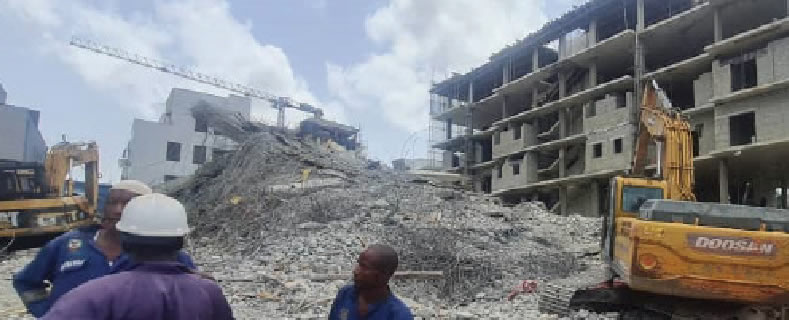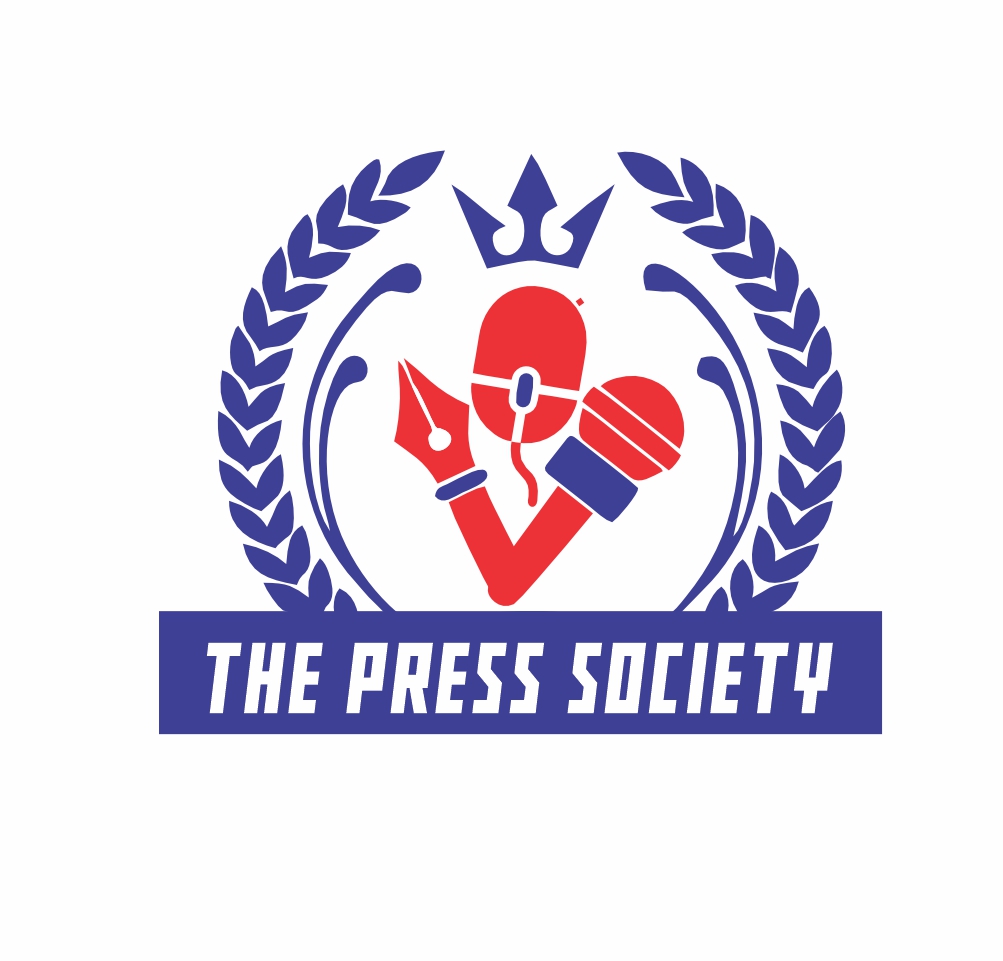 The Committee to Protect Journalists (CPJ) expressed grave alarm today following Israel’s military strike on Iran’s notorious Evin Prison, where at least nine imprisoned journalists were reportedly being held at the time of the bombing.
The Committee to Protect Journalists (CPJ) expressed grave alarm today following Israel’s military strike on Iran’s notorious Evin Prison, where at least nine imprisoned journalists were reportedly being held at the time of the bombing.

CPJ’s Middle East and North Africa Regional Director Sara Qudah stated the organization was “horrified” by the attack and called for immediate international intervention to protect press freedom amid escalating regional conflict.
“While we urgently seek confirmation about the status and wellbeing of our colleagues in Evin, we demand the international community hold Israel accountable for this dangerous escalation,” Qudah said, emphasizing that the attack violated international humanitarian law protecting civilian detention facilities. The CPJ official called for an immediate pause to military actions endangering media workers and other civilians.
Evin Prison, long condemned by human rights organizations as Iran’s primary facility for silencing political dissent, currently houses at least nine journalists according to CPJ’s 2025 prison census. The Tehran detention center has historically held numerous high-profile cases of journalists imprisoned for their work, often under disputed terrorism charges.
The Israeli military has not yet commented on specifically targeting the prison facility, though officials confirmed strikes on what they called “regime security installations” in northern Tehran. Humanitarian organizations warn the attack may have violated the Geneva Convention’s protections for detainees, regardless of their original imprisonment circumstances.
CPJ joined other press freedom groups in calling for:
-
Immediate verification of all journalists’ conditions
-
Safe evacuation of media personnel from conflict zones
-
International investigation into potential war crimes
The organization noted this incident marks the first confirmed attack on a detention facility holding journalists since the Israel-Iran conflict began escalating last week. Media watchdogs fear the strike could set a dangerous precedent for press protections in conflict zones worldwide.





